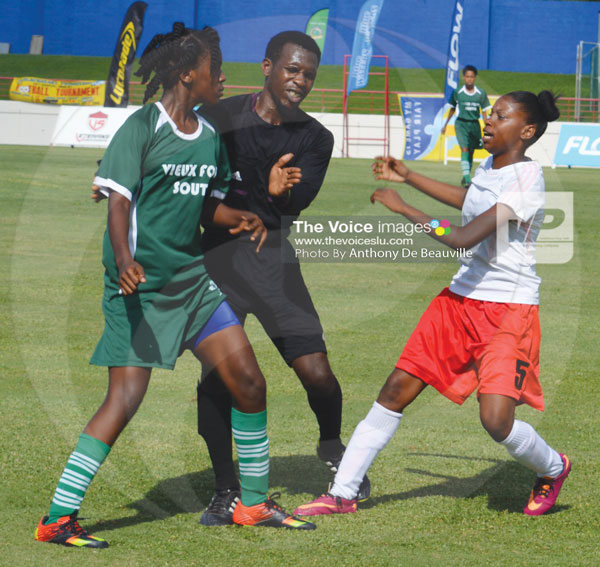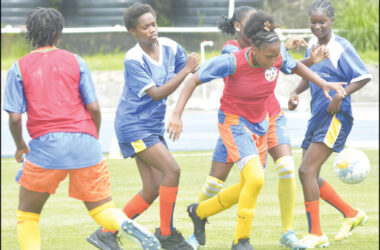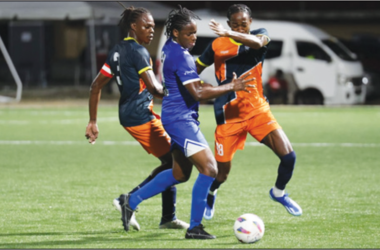SPORTS TALK
By Gilroy Hall
RESPECT for authority and acceptance of decisions from so called “higher authorities” is well established in the fabric of our colonial robe of management. We encouraged children to speak when spoken to, accept correction without question and accept the decision of a match official without the slightest hint of dissatisfaction.
This indoctrination contradicts the very sporting social concepts which we try to promote including fair play, sportsmanship and justice for all. How fair is it that players, coaches and managers can be just as knowledgeable as match officials regarding the rules yet must graciously accept every questionable decision simply because we say so? Is it sportsmanlike for a match official to show bias towards one team, misinterpret rules and blatantly deny persons the right to inquire?
While I agree that respect for authority is an important component of civilization and social stability one must also be cognizant of the fact that not all authorities act in accordance with their mandated oaths and ethical requirements. Officials are human and can err in their duties but we must also accept that not all “errors” are non-intentional.
Bad officiating can ruin careers, promote conflict and reduce a potential sporting spectacle to no more than a one sided contest void of the true competitive elements. Match officials can win and lose matches. It is for this reason that mechanisms must exist to allow for those who are wronged by traditional acceptance of authority, to seek redress. Football has included goal line technology, cricket has included the third umpire, Tennis subscribes to the use of replay via video and the list goes on and on.
This is not a scathing attack on match officials, who are so very important in delivering sporting initiatives, but merely a wake-up call to those in authority to get their act together and provide more efficient and fair officiating. Training, retraining and appraisal must be high priorities in this effort and the expulsion of those who continue to violate the laws of justice and sportsmanship must also feature in this quest.
The referee’s decision is not always final and legitimate concerns and queries must be reported to the established review committees or disciplinary entities. Match officials must be willing to accept and correct their shortcomings without retaliatory victimization or further indiscretion. Respect for officials must be earned if it is to be accepted.














